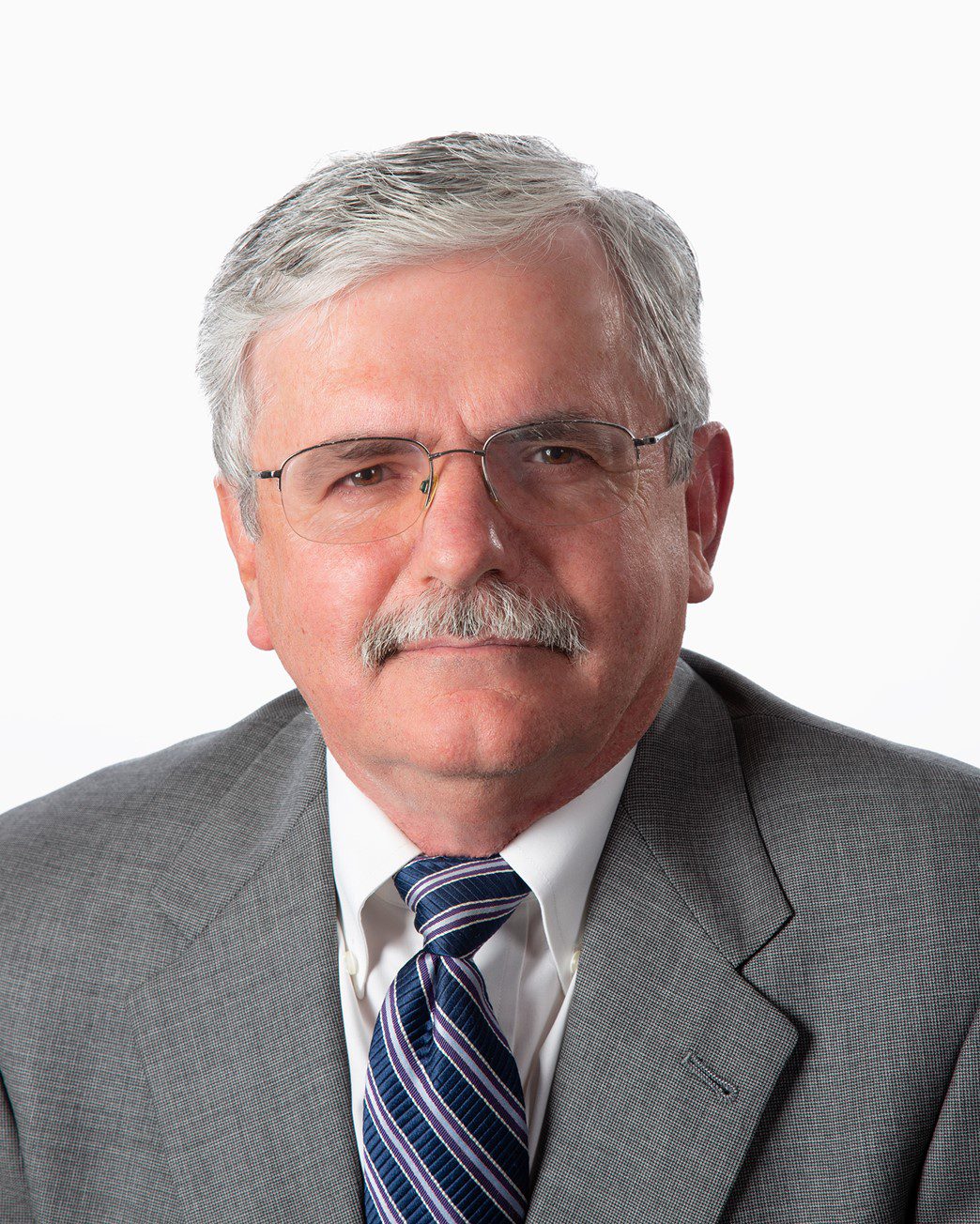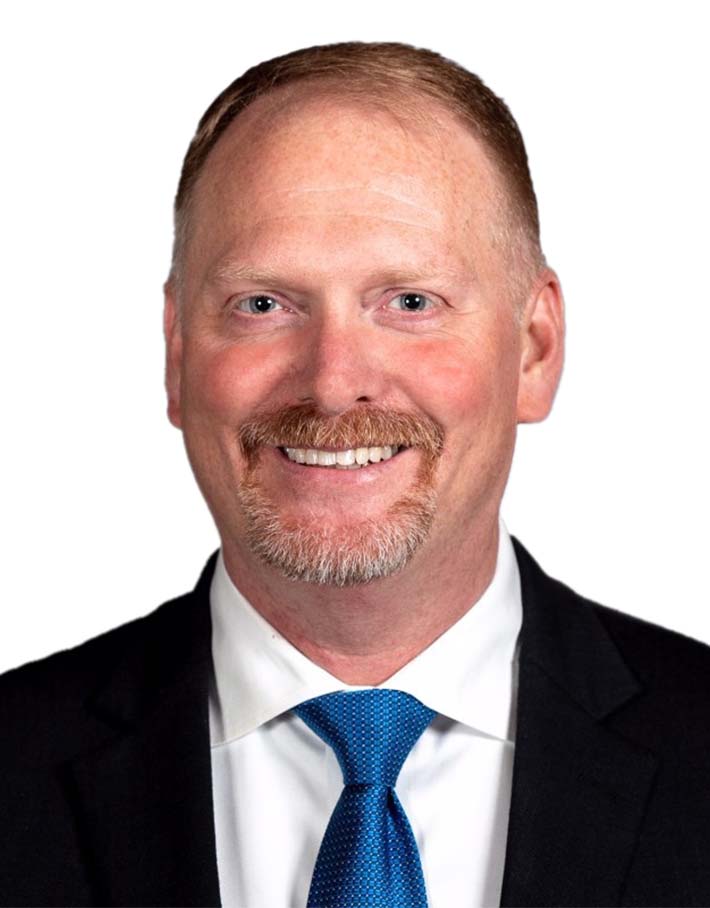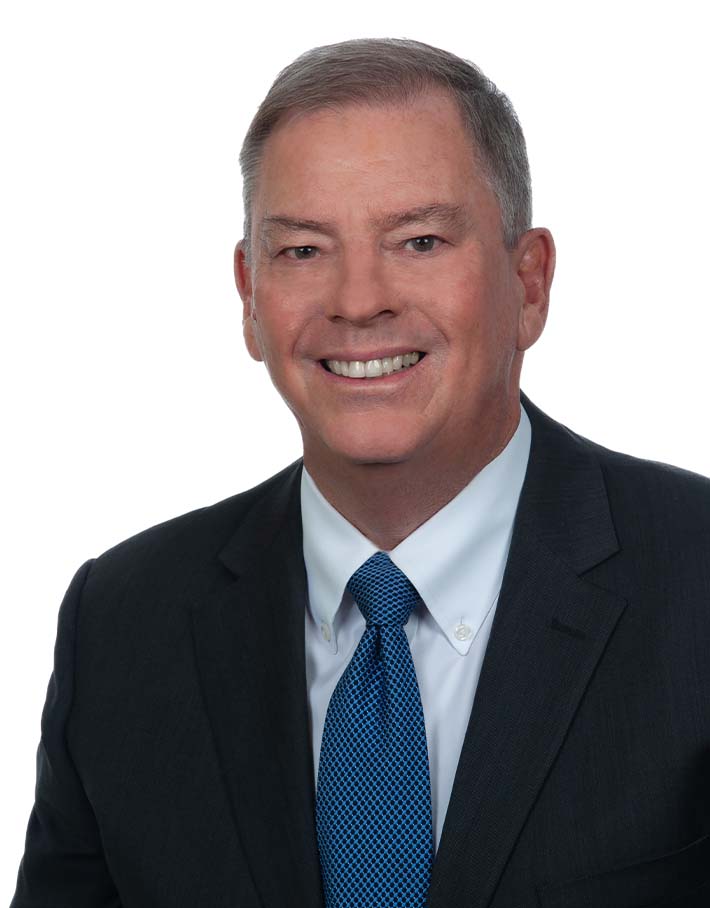Regulators – Behind the Scenes: Episode 4
By Bill Reilly, Ed Wegener and Patrick M. Dennis
Subscribe to our original industry insights
Join Oyster Consulting’s former regulators Patrick M. Dennis, Jeffrey Hiller, Bill Reilly, Evan Rosser and Ed Wegener in our new podcast mini-series, Regulators– Behind the Scenes. In each episode, they share their experiences and perspectives as former SEC, FINRA and State regulators on document production and the value of cooperation with regulators, cultivating a culture of compliance and “tone at the top.”
Transcript
Transcript provided by Temi transcript services
Oyster: Welcome to the Oyster Stew podcast, where we discuss what’s happening in the industry based on what we see as we work with regulators and clients. Oyster consultants are industry practitioners; we aren’t career consultants. We’ve done your job and we know the issues you face. You can learn more about Oyster Consulting and the value we can add to your firm by going to our website – www.oysterllc.com.
Patrick Dennis: Thanks for joining us for this episode of “Regulators – Behind the Scenes.” One thing that we should probably talk about is cooperation. The SEC for years talked about the value of cooperation, how important it was to cooperate, particularly once they’ve gotten to the Enforcement side of things. My theory is, and my approach has always been, to cooperate. You want to certainly let the regulators know and tell them that you were intending to cooperate fully and appreciate their time, and all of those things. There are times that you may not want to cooperate quite as much as they would like, or quite as much as you would say you are, but you always want to give the impression that you are trying to cooperate and give them what they want until you get to a point where you reach a serious impasse, and then you’re making a decision to fight rather than to cooperate. But up until that time, I think cooperating and giving that impression is clearly important. Evan, your thoughts?
Evan Rosser: I think you cooperate up until the time it becomes adversarial. You don’t ever want it to become adversarial, but at some point, if they find violations, it might. Where that line is, that’s for you and your Counsel to determine. But I think during the examination phase, I think cooperation is extraordinarily important. It just sets the tone because the examiners are human. You don’t want to look like you’re fighting them, you’re hiding something. It makes an impression. It really makes an impression. So get them as much as you can, as quickly as you can. In my experience, I’ve never had a regulator turn down a request for more time to produce documents the first time around. If you tell them ahead of time, “Hey look, can I have an extra week? I’m having trouble pulling this together.” I’ve never heard of a regulator saying no. So, I think you need to work that way. I will say this: if you ever have a regulator show up un-announced, I would call your Counsel immediately, because every examination you should have should be announced. You should get a letter. If they ever show up at your doorstep, boy, I would certainly call my Counsel, have them wait a few minutes until you get straightened out exactly why they’re there.
Patrick Dennis: I actually was the CCO of a firm where the SEC came in un-announced on a Monday morning. I was five hours away. I got a phone call and I said, “Well, tell him to wait. I’ll be there in about five and a half hours because I’ve got to go home and pack.” It turned out to be fine, but they got some information. They got a tip from somebody that was, what I would call a very messy business divorce, and somebody was trying to make life complicated for the firm. Until the SEC showed up un-announced, which everybody says, “Oh, they don’t do that;” well, they did. They showed up Monday morning, and they stayed all week,
Evan Rosser: You know, on that point, Patrick, again, FINRA did it when I was there and I assume they continue to do it, they will occasionally ask to copy your hard drive on your computers. There’s a process for that, and they are entitled to do it under certain rules and procedures. So if they do ask that, if they want to mirror your hard drive and take an exact copy, there is a procedure by which they need to let you know what they’ve taken and show you that they’ve taken it accurately, and have a process for any privileged documents that might be swept up in that mirror. So if they do ask that, you’re entitled to find out exactly what process they’re going to use to do that, but they will ask that in some instances and they are entitled to get it.
Patrick Dennis:
When they do ask for that, that is certainly the time to call your Counsel, unquestionably, because if they are asking to copy your hard drive off your computer, they believe there’s something on there that they’re not getting elsewhere. It rather serious at that point. Ed? Your thoughts?
Jeffrey Hiller: Oh, absolutely. It’s not a routine thing. Even in a cause investigation, where they think that there might be some significant issues, it’s not routine for them to copy a hard drive. There are cases, and those are cases where they think that there’s some really significant, bad things that have happened, or that the firm isn’t being cooperative and not providing information. So to your point earlier, if that happens, call your Counsel.
Patrick Dennis: Well, how do you show that there’s a culture of compliance and tone at the top to the examiners when they show up? Jeff?
Jeffrey Hiller: Tone at the top is measurable. I’ve mentioned earlier that when a regulator comes in, I always have the CEO try and attend the first meeting, if only for him to meet and greet people, or maybe he’ll stay there, she’ll stay there for 10 or 15 minutes so that they know that the CEO is engaged. I would meet, with regular meetings, these CEO, or whoever is driving Compliance. I think that good compliance should be rewarded and be part of the compensation process, and bad compliance should be sanctioned. I think those are measurable ways to show the regulator when they say, “How’s the tone at the top,”. You don’t have to say, “Oh, it’s great. He talks about it every day.” There are ways to demonstrate that. I think it’s important and it does build a good culture when the CEO is involved and when people are rewarded or sanctioned, depending on how they do with compliance.
Patrick Dennis: Evan, your thoughts?
Evan Rosser: Well, I agree with that. I don’t think I’ve ever seen a firm where the firm that had compliance problems, that didn’t start really at the top. I rarely see firms that where the person at the top really wants to do the right thing, but he’s thwarted by all the people below him. I just really haven’t seen that. Certainly at smaller firms, that’s the case. And I agree with Jeffrey, if it’s a smaller or mid-size firm, if you can get the CEO to meet with them the first day, because he or she feels it’s important and says, “Look, I think it’s important that I meet with you. I want you to know that we’re trying to do the right thing. I empowered the Compliance staff.” I think that’s really important, and it does send a message to regulators, just because they know it. They know that, especially again with smaller mid-size firms, that firm’s compliance culture really is a reflection of the people at the top.
Jeffrey HIller: When I’ve gone to big firms and worked there, one of the things I would find common is that Compliance would find a Code of Ethics violation and issue a sanction to the individual. That I would always put an end to because the business owns Compliance. Compliance, if they find a violation or to bring it to the business side, and it’s a tone at the top, yes, the managers have to be responsible for the people that work under them. It makes Compliance less of a policeman and puts the onus and the tone on the business itself. And that I think is critical.
Patrick Dennis: Ed your thoughts, please.
Ed Wegener: I think tone at the top is part of the broader category of the culture of compliance at the firm. And you know, I think that there are clues to that and examiners are always looking for those clues. It really goes to decisions like, should something be referred to Enforcement or should it be an informal action, and things like what the tone of the exam is going to be. Some of the things that I would say are clues – a) is the tone at the top, b) whether the firm is organized, does it seem like they have their act together? Whether the firm appears to be cooperative or obstructive, whether the firm appears to be well-meaning – are they trying to do what’s right? Do they fix issues when they come? Do they argue every point, or do they seek to understand what the examiners are trying to get at? Like we talked about earlier, do they try to educate the examiners on their business? I think when you take all of those as a whole, you get a sense of what the culture is at the firm. I think that that really sets the tone, not only of the exam, but the full relationship between the firm and the regulators.
Patrick Dennis: Bill, anything to add?
Bill Reilly: I think one thing to add, all firms have reputations, good, neutral, or bad. That shouldn’t have an effect on a regulator coming into the firm because regulators should come in and look at it for Compliance or violations. To add on to what Ed just said, I have gone into a lot of firms as a regulator and sometimes as a consultant, and what happens is, the people that are in the Compliance section say, “You know what, I’ve found problems. I’ve found issues. I brought it to this Compliance person or this supervisor or the CCO and nothing happens.” I think what happens in a lot of those situations, people tend to say, you know what, maybe it’s an accepted practice. So it occurs for a period of time and then one day in walks a friendly regulator, and they look at all of these and take a look at what Ed said. The fact is that these things are going on because it’s become the accepted, unwritten culture of the firm. We don’t look at high commission and high producing salesmen, people that are in certain activities or groups. We tried to do something, the CCO takes it to the CEO and they just say, “Oh, that’s just John,” or that’s just Bill, or something like that. So what happens is it affects the whole culture, and then you have issues across many lines of the Compliance department.
Oyster: Thanks again for listening and be sure to follow the Oyster Stew podcasts on whatever platform you use. If you would like more information, feel free to call us at (804) 965-5400 or visit our website at www.oysterllc.com.





